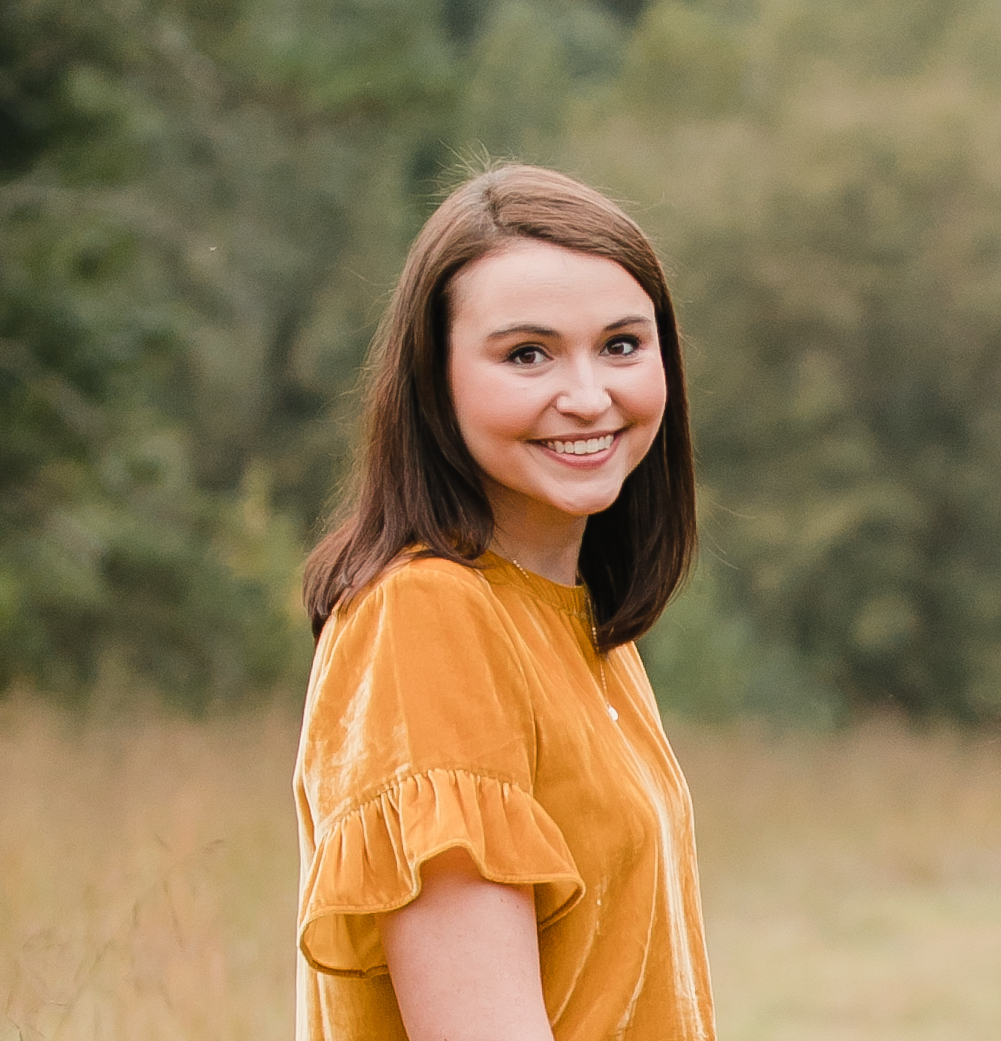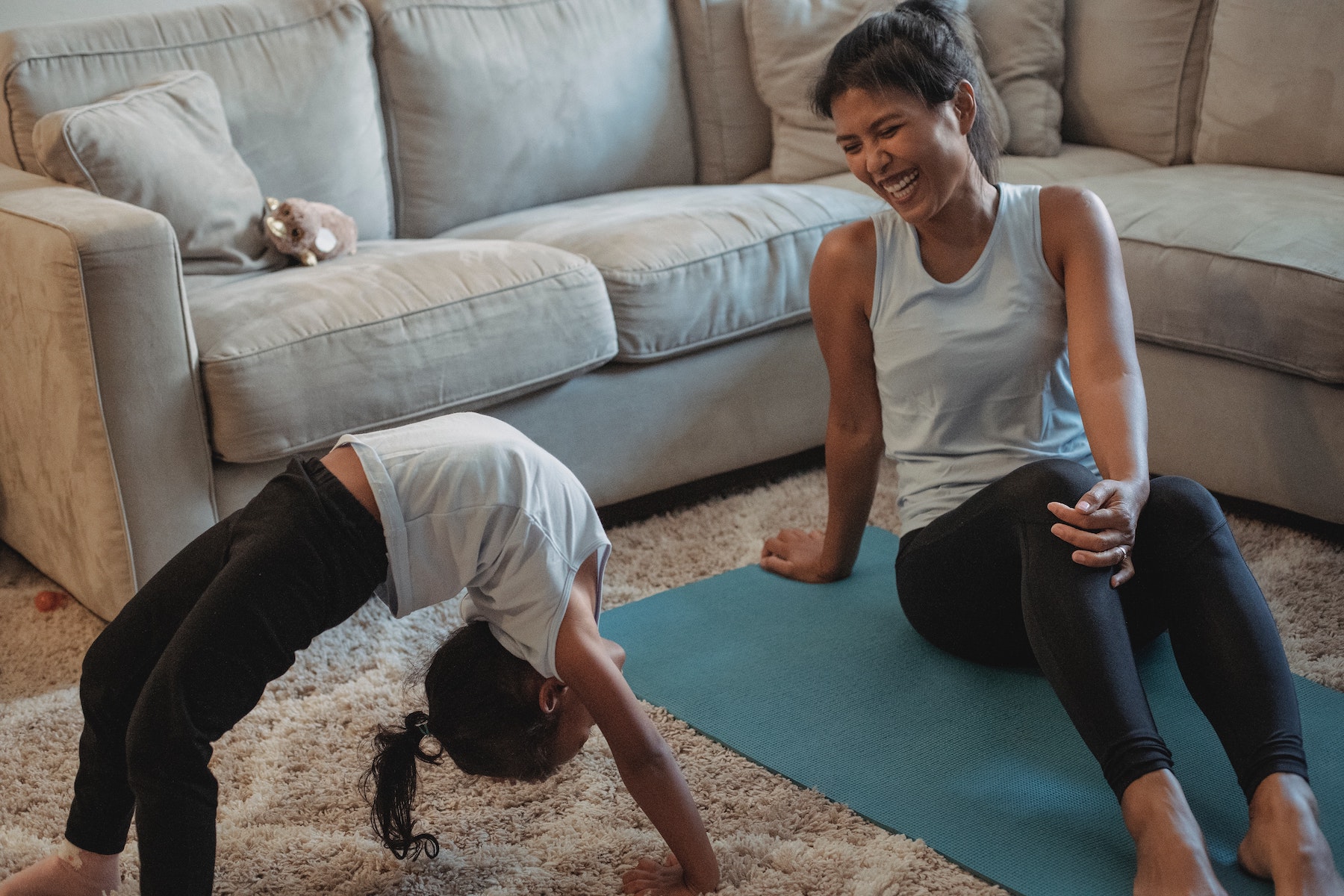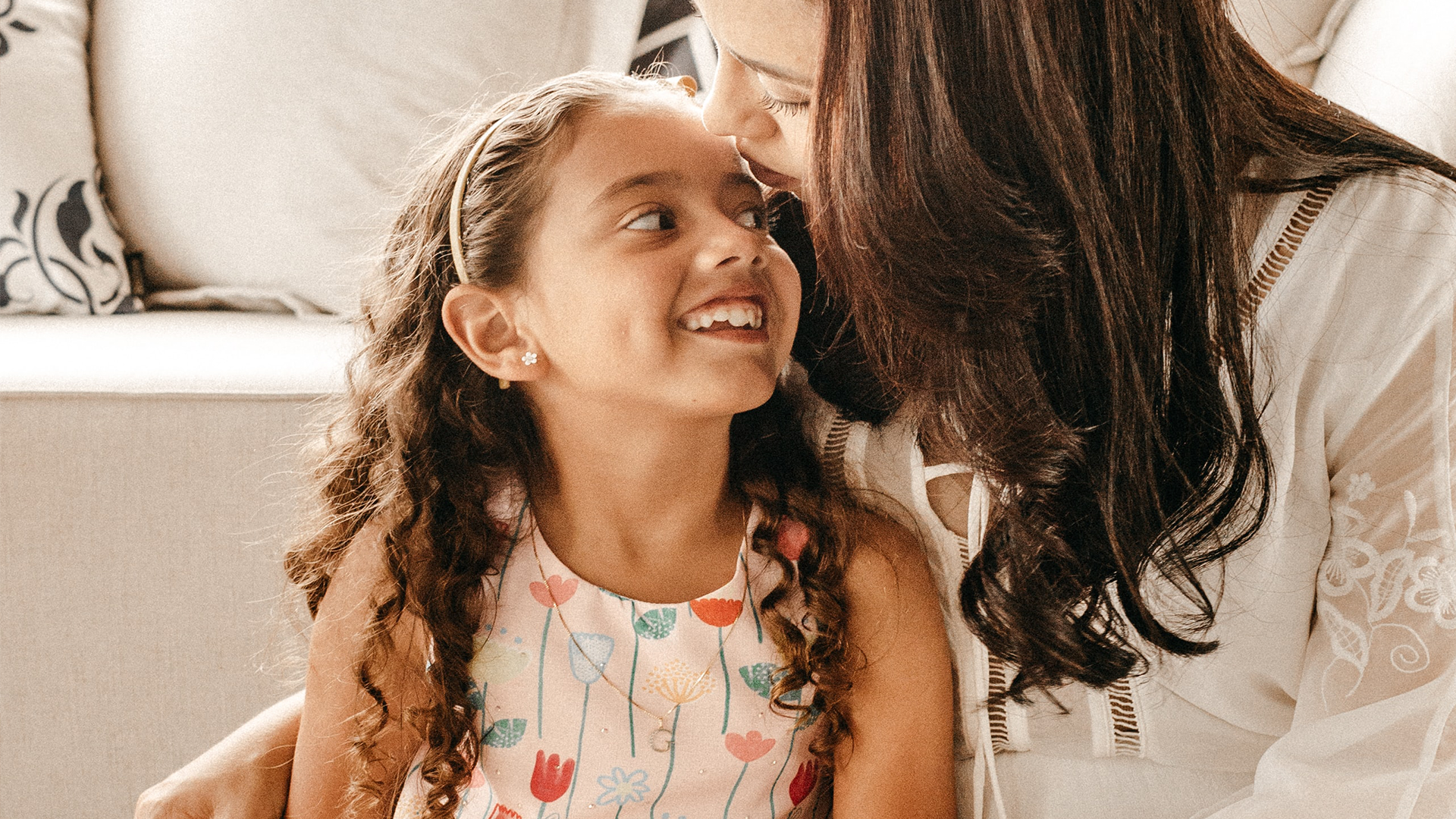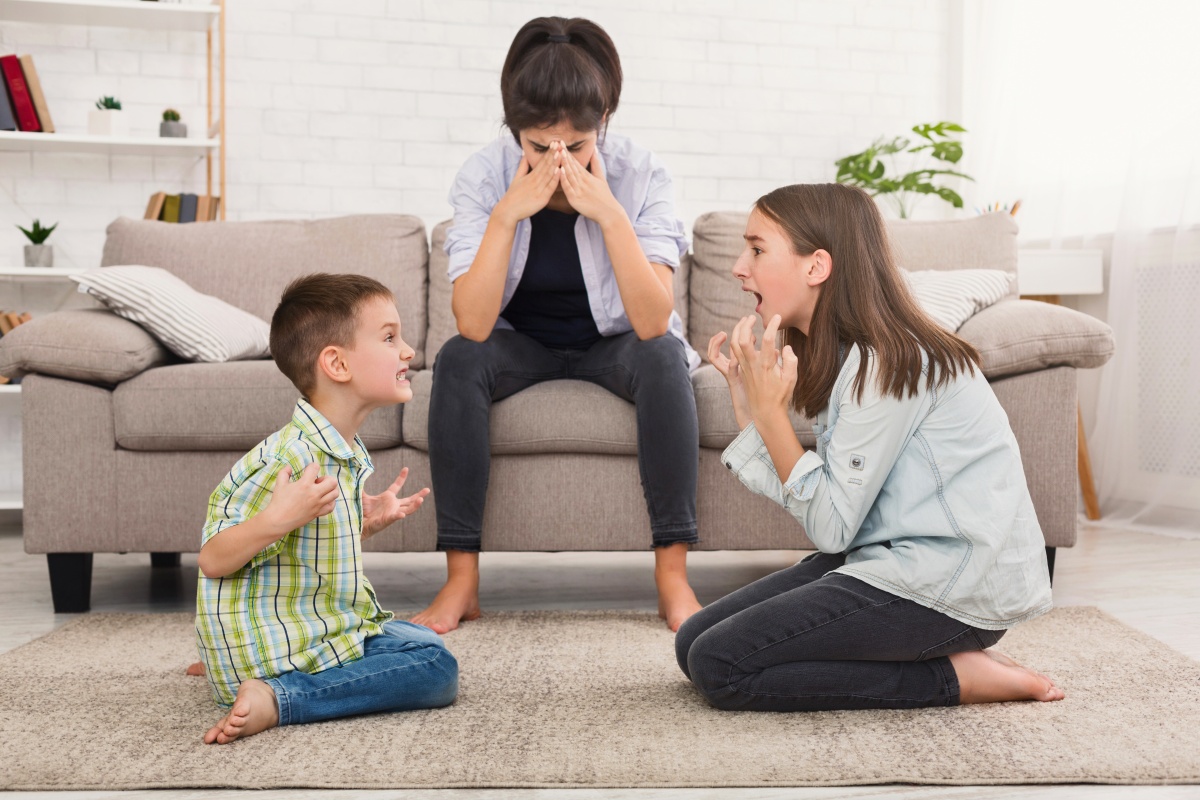
“Are these your children?”
“Yes, they’re mine! I’m their mom and I’m so blessed!”
When you’re a multi-racial family, you get used to having interactions like this one. My husband and I are white and our three adopted children are Black. People sometimes ask intrusive questions, but we have learned not to take it personally. We recognize that we have just as much learning and growing to do as anyone else, especially when it comes to raising children of a different race. Yet, when we listen to our children, we learn that the most important part of being a family is loving and caring for one another, not having the same skin color.
When people see a white mom walking around with three Black children sometimes people will ask rude questions right in front of the kids. “Do you have any children of your own?” “Are they adopted?” “Are you their babysitter?” People don’t realize that these intrusive questions are hurtful. My oldest daughter went through a phase when she wanted to wear mother-daughter matching outfits. At first, I thought she just enjoyed dressing alike, but really she wanted people to know that we were a family. She recognized that only families wore matching outfits, not children and their nannies. When we looked the same people didn’t ask if I was her mom.
We have explained to our children that, in general, people do not have ill intentions when they ask these questions. We have a choice in how we respond. We can choose not to take it personally. Rather than responding with something shaming, we have the opportunity to respond with kindness. My response to these questions is usually something along the lines of, “Yes, we are so blessed we were able to adopt them! These three children are all I’ve ever dreamed of! I’m the luckiest mom in the world! They are my own.” A response like this makes my children smile every time I say it. It honors and protects their feelings, first and foremost, while also gently answering the stranger’s questions.
My daughter no longer feels the need to wear matching clothes to show people we are a family. She feels secure—even if we still get a rude question every once in a while. I always hope my response teaches the stranger, but more than that, I hope it teaches my children that we can offer people grace. It is the same grace we are so thankful to receive when we make mistakes.
My husband and I have certainly needed and continue to need lots of grace as we navigate being a multi-racial family. While we make lots of mistakes, we are committed to learning and growing. One early error of mine was thinking I could figure out Black hair care on my own. Caring for Black hair is very important and very different from caring for white hair. It wasn’t until I was standing in the middle of the multicultural hair isle in Target that I realized I needed help. There were so many options! I was completely overwhelmed. A Black woman stood next to me, also browsing. We stood side-by-side for what felt like an eternity until I mustered up the courage to ask her for help. She laughed and said, “Well, I was wondering when you were going to ask!” She answered all of my questions (I’m sure many of which were “ignorant”). She helped me pick out the correct products.
In the months and years that followed I received even more help from friends who are Black. They taught me more about hair care and different styles. I’ve improved so much that my YouTube history is now filled with hair tutorials on braids and twists. I’ve come a long way, but I often think about that first interaction I had at Target. What a picture that is of how the Black community supports our family and loves my babies so well.
My husband and I cannot teach our children everything, there will be gaps and we are thankful to people of color in our children’s lives to help fill in those gaps. We can continue to educate ourselves. We can teach the kids about Black history. We can do our best to raise them to be proud of being Black, but my husband and I will never know what it is like to be a person of color. We are blessed to have many loving adults in our lives who our children look up to. Some of these adults are people of color. We hope that as our children get older, these adults will be able to offer unique perspectives and be role models for our kids.
It’s a bit of a balancing act, acknowledging racial and cultural differences while being careful to teach our kids that what truly matters most is loving God, loving one another, and having high moral character. Thankfully children understand this instinctively. When our now-adopted daughter was nine-years-old she was living with us, but was still in foster care. Her caseworker asked her if she would mind having white parents. Her response was that she wanted to be adopted. She said my husband and I loved her and took great care of her. For children it is that simple. Children see what is most important. They see past skin color. Beyond that, they will also see the commonalities that unite us. I was reading a book to our four-year-old son. The book was discussing physical differences and how God loves everyone including those with light skin and dark skin. I took the opportunity to point to my skin and show him that I have light skin and that he has dark skin. My son looked at our arms side by side and exclaimed, “And we all have skin!” To him having different skin colors doesn’t matter at all, we all have skin, we’re the same.
While we are a multi-racial family and we may have a few more awkward interactions with strangers than non-multi-racial families do, we have a lot in common with other families too. Like other parents, my husband and I try to keep learning and growing to meet the needs of our children. Like other parents, we hope our children will have positive role models in their lives. Like other parents, our laundry piles up and our kids refuse to eat their vegetables. Like other parents, we love our children deeply. We are constantly aware that it is such a privilege to be parents to our three beautiful children and that the five of us get to be a forever family.




